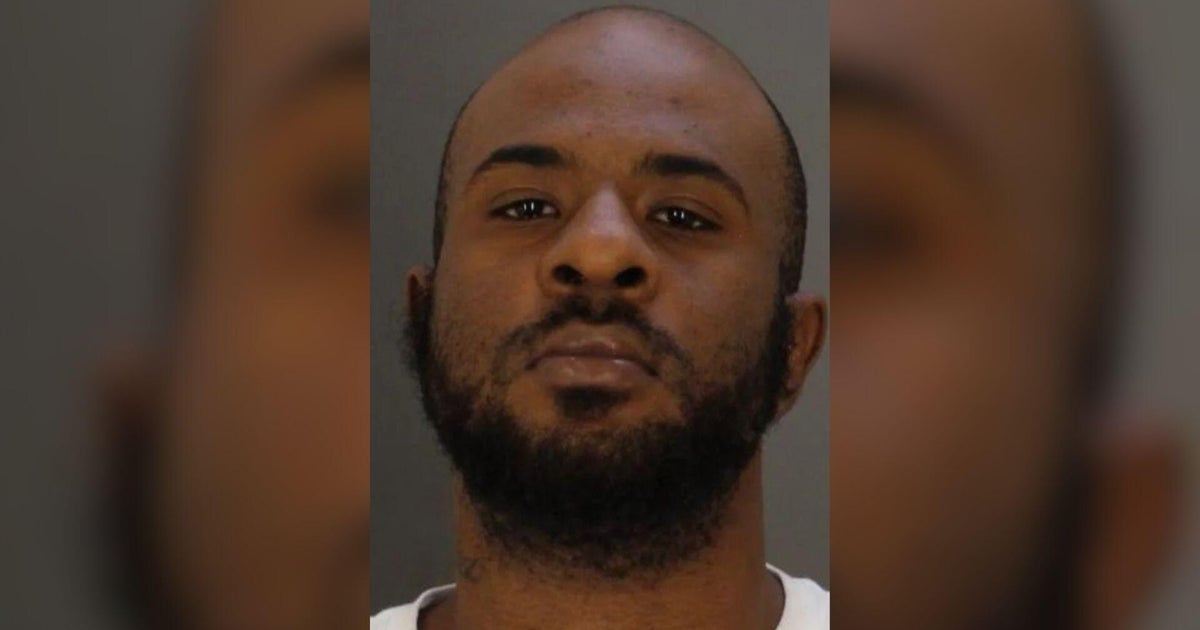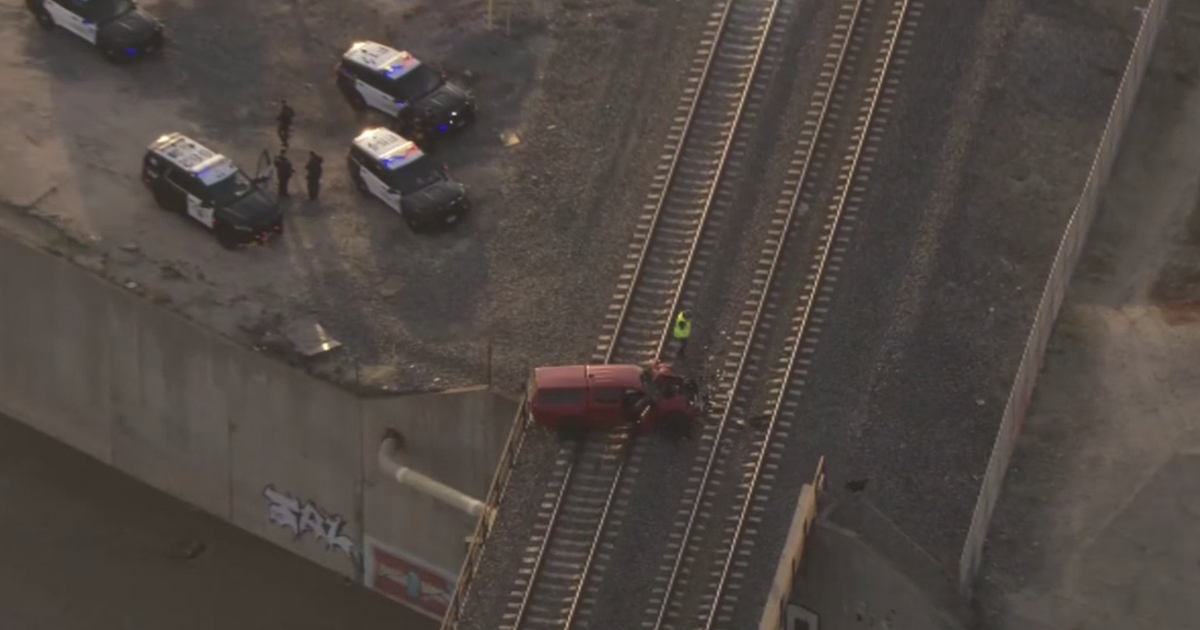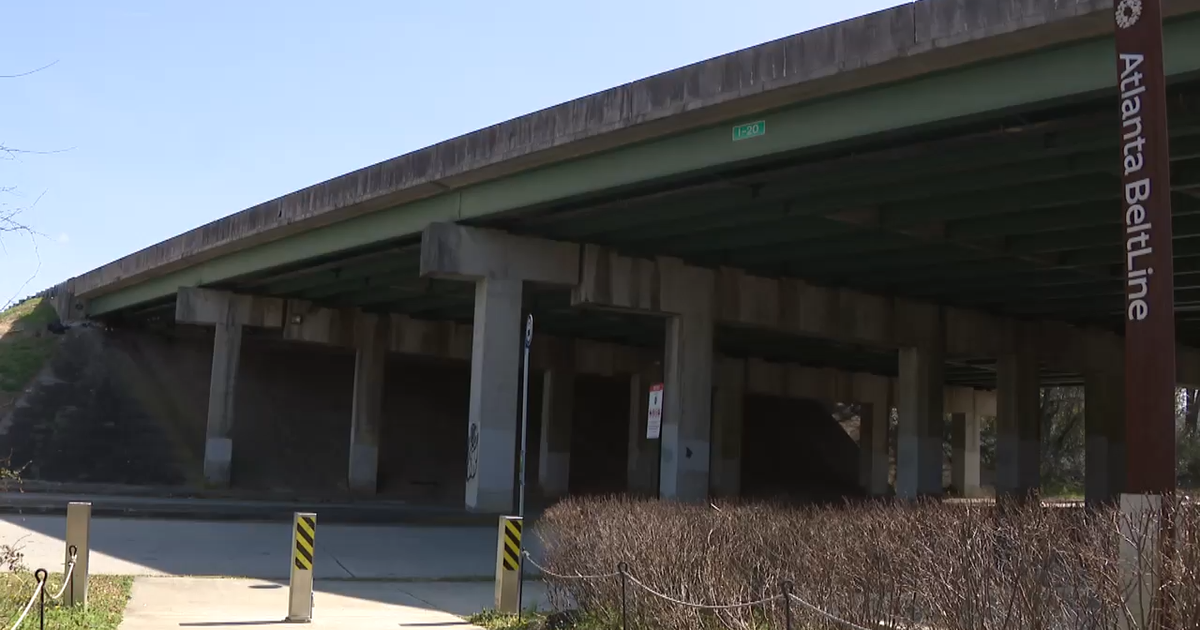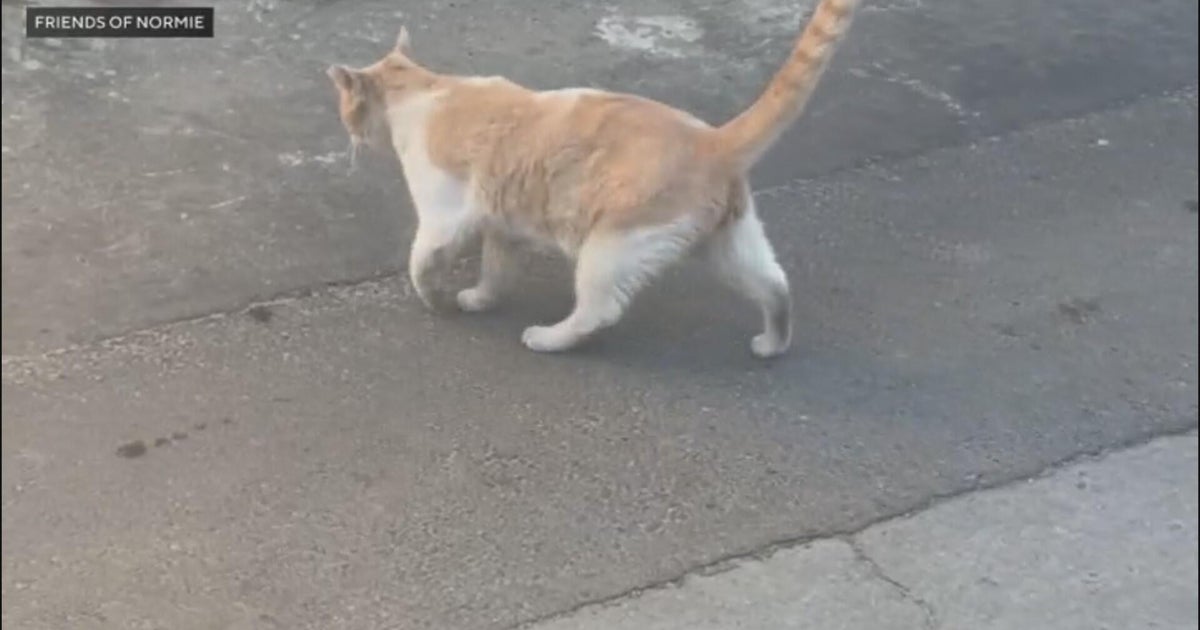New Texas Law Will Train 911 Dispatchers To Help Bystanders Administer CPR
(CBSDFW.COM) - Kyle Riggs, 36, had no idea what to think of his chest ache. It was August 2019, and he was going about the day.
The father of two attributed it to the hot Texas heat, but the squeezing feeling progressed throughout the day.
"I just kind of brushed it off again and told my wife I was going to shower up and we'll take the kids to dinner," he said. "You know, no big deal."
But his wife, Jen wasn't convinced. She got on the Internet and looked for answers. She thought, perhaps, an aspirin might help so she convinced Kyle to stop at the neighborhood grocery store before driving to dinner.
Kyle recalls that moment.
"I told them to wait in the car and you know I'll run it and get it real fast," he said.
And as soon as he entered the store, he collapsed. He was having a cardiac arrest right there.
Each year more than 350,000 heart attacks occur outside of hospitals. The American Heart Association says the odds of someone surviving a heart attack in the absence of medical care are not good -- only one in 10 survive.
The AHA has led the effort to expand telecommunicator CPR training for instances of out of-hospital cardiac arrest. It lobbied the legislature to pass a new law that trains 911 call operators in recognizing cardiac arrest and then coach bystanders, step by step, to administer chest-only CPR.
Emergency room physician Dr. Justin Northeim says many people don't know how to administer CPR, so this training will assure people and encourage them to take action.
"We have to get someone on the chest within four minutes to help their survivability and hopefully place an AED within eight minutes," Dr. Northeim said.
"We also realize that every minute that goes by when someone so comes to cardiac arrest is a 10%, less chance of survivability if they're not being provided CPR," he said.
Sample 911 calls below:
Gov. Greg Abbott signed HB 786 into law in May. It goes into effect on Sept. 1, 2021
Sherri Kemp is a 911 dispatcher at MedStar in Fort Worth. MedStar already trains its staff on how to coach bystanders to administer chest-only CPR. She says her training involves keeping callers calm and walking them through the instructions step by step.
"The dispatcher tells the caller exactly what to do, where to place the hand and then they will stay on the phone and count the compressions with the caller," she said.
The rate of chest compression matters. Matt Zavadsky at MedStar says all operators count each compression with the callers.
"The rate of compressions needs to be about two compressions, every second, so you'll hear songs like 'Staying Alive' by the Bee Gees," Zavadsky said.
"It's a good rhythm and you'll hear dispatchers here in our communication center sort of sing that song with the caller," he added.
Other songs include the famous nursery rhyme "Row, Row, Row Your Boat," or Beyonce's "Crazy In Love."
The songs must have the 100 beats per minute rhythm to count the compression.
MedStar is one of the centers that already offers chest-only CPR instructions, but the law will allow everyone to participate.
Kyle's guardian angel was Cliff Murray, who was at the store at the right time that day in 2019. He recognized the cardiac arrest and started offering chest-only compressions right away.
"There's no chance that I'm sitting here talking to you today without Cliff getting involved," Kyle said.
He hopes that this law will help save other lives.
"Now, anybody that doesn't know CPR, they'll be able to call 911 and now they will be able to be taught through CPR and how to do compressions and hopefully save, save another life, like in my case," he said.
To learn chest-only CPR, the American Heart Association is offering lessons Saturday, July 10, at Caliber Auto Care on 5351 W. Sublett Road in Arlington.
Here's a curated playlist with songs for effective hand-only CPR.









